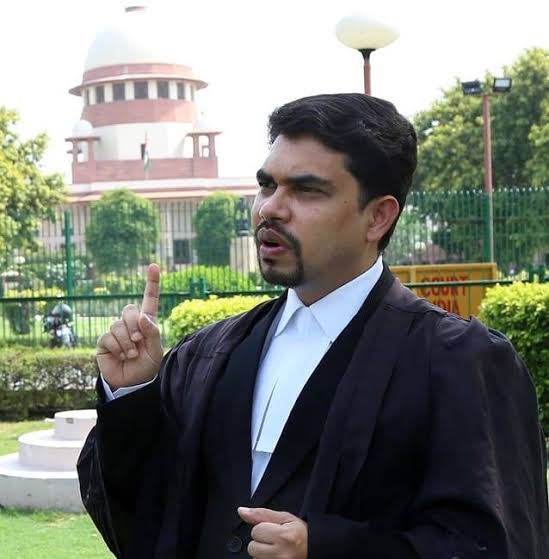


The Supreme Court recently sought the response of the Central government on a plea challenging the constitutionality of Section 2(1) (s) of the Surrogacy (Regulations) Act, 2021, which excludes unmarried women from becoming surrogate mothers [Jaswinder Kaur v. Union of India].As the provision under challenge, only an Indian woman who is a widow or divorcee between the age of 35 to 45 years qualfies as an "intending woman" for surrogacy.The plea was filed by a 44-year-old unmarried woman who claimed that the provision is "highly irrational, unlawful discriminatory and violative to the fundamental rights of the Petitioner under Articles 14 and 21."While hearing the petition, a Bench of Justices BV Nagarathna and Augustine George Masih observed that the norm was to become a mother within the institution of marriage and not outside it.Justice Nagarathna further stated,
"Science may have evolved but society has not...You cannot have everything in your life. You decided not to marry...It is a norm here to become a mother within the institution of marriage. Being a mother outside the institution of marriage is not the norm. We are concerned about it. Should the institution of marriage survive or not in the country? We are not like Western countries. The institution of marriage has to be protected. You can call us and tag us conservative, and we accept it."The petition filed through Advocate Shyamalal Kumar also challenges the amendment notification dated March 14, 2023, wherein Form 2 under Rule 7 of the Surrogacy Rules, 2022, requires a single woman undergoing surrogacy to use her own eggs and donor sperms to avail surrogacy.The plea contends that the said notification is without any rationale and discriminatory to the petitioner, besides being contrary to its own Rule 14.
TAGS: Supreme Court Surrogacy Act unmarried women constitutional challenge government response fundamental rights